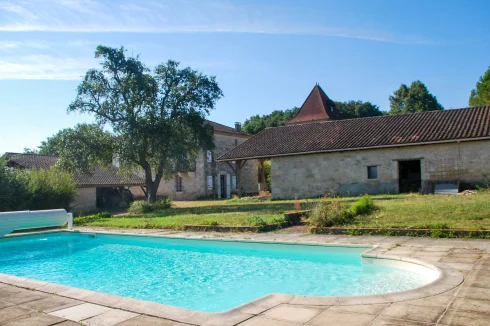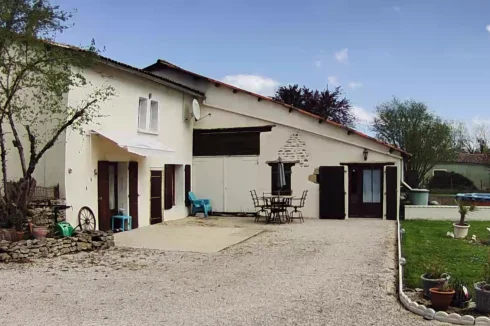Tax Returns for Auto-Entrepreneurs
Tuesday 06 May 2014
How do auto-entrepreneurs need to complete their French tax return?
Each month or quarter auto-entrepreneurs are required to submit to URSSAF, the social security contributions agency, a declaration of their turnover, on which they pay a fixed rate of social security contributions.
At the same time, if they have elected to do so, an auto-entrepreneur also pays a fixed rate of income tax, called the impôt libératoire. This fixed percentage is 1%, 1.7% or 2.2% depending on the type of business activity. In order to opt to pay on this basis you need to do so by 31st December of the previous tax year, ie Dec 2012 for 2013 income.
Generally speaking, the option to elect for PAYE income tax is only of interest to a minority of auto-entrepreneurs. Indeed, if your total net income (revenu fiscal de référence) in the previous year was greater than €26,420 per household part you cannot actually use this option. Below €20,000 total net income and there really is no advantage in opting for it.
Whether or not they have elected to pay income tax as part of their periodic declaration to URSSAF, auto-entrepreneurs are also required to make an annual tax return, alongside other income received. This does not mean that income tax will be paid twice on the same income, but it does require that the tax return is completed carefully in order to avoid doing so.
Completion of the tax return is made on the following basis:
- i. Option Pay As You Go Income Tax
- If you have opted for the impôt libératoire during the previous year then your turnover should be declared in the section headed 'Auto-entrepreneur ayant opte pour le versement de liberatoire de l'impot' in boxes 5TA (commercial), 5TB (services), or 5TE (libérales CIPAV) depending on the nature of the business.
- ii. Non-Option PAYG
- Conversely, if you have not opted to pay income tax as you go, or you were not eligible, you should not complete this section, but the section headed 'Régime Micro-Entreprise', either as 'Revenues Industrials Commerciaux Professionnels' for commercial and services businesses or, for those who are registered libérales CIPAV, the section 'Revenues Non-Commerciaux Professionnels'.
The form used to make an income tax declaration for auto-entrepreneur earnings is F2042C PRO, a complementary form to the main F2042 tax return.
In order to assist in the completion of the tax return, in a rare gesture of cordiality, URSSAF send out to all auto-entrepreneurs a statement (attestation fiscale) showing the level of the turnover declared in the relevant tax year, which, once verified that it is correct, can then simply be transcribed onto the tax return.
In the determination of their liability to income tax, auto-entrepreneurs are entitled to a standard fixed cost allowance against their turnover. This allowance is either 71%, 50% or 34%, depending on the nature of the business and the earnings.
However, this abridged figure should not be used on the tax return; auto-entrepreneurs must declare their gross sales, and the tax authority will make the abatement as part of the tax assessment.
Next Article: Best Internet Offers in France
Thank you for showing an interest in our News section.
Our News section is no longer being published although our catalogue of articles remains in place.
If you found our News useful, please have a look at France Insider, our subscription based News service with in-depth analysis, or our authoritative Guides to France.
If you require advice and assistance with the purchase of French property and moving to France, then take a look at the France Insider Property Clinic.





